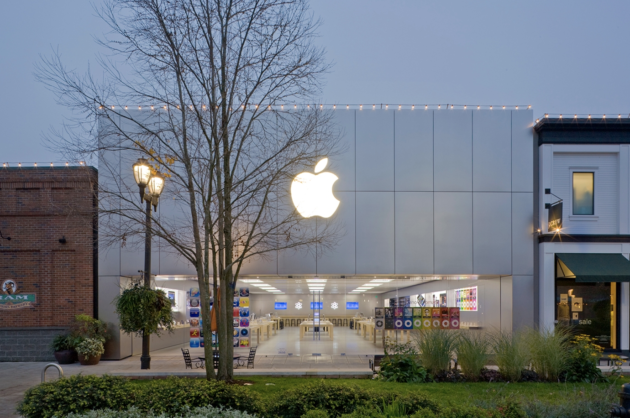
Three years ago, database geeks were disappointed to learn that FoundationDB and its unique database product had been acquired by Apple. That all changed Thursday when Apple announced that the core of FoundationDB was being released as an open-source project.
“We believe FoundationDB can become the foundation of the next generation of distributed databases,” Apple wrote in a blog post announcing the move. It purchased the company and its namesake database in 2015, in what at the time was a somewhat curious move; why would the iPhone giant want a commercial database product?
FoundationDB was one of those rare tech products that actually delivered when promising the best of both worlds. Traditional databases based around ACID (atomicity, consistency, isolation, durability) principles for guaranteeing data reliability started to have trouble scaling as cloud computing blew up and widely distributed systems became the norm.
So a new type of database called NoSQL, designed around the idea of distributed systems, started to gain traction among some companies building massive web applications. The catch was that in order to scale across those distributed systems, several popular NoSQL databases had to give up one or more of the four ACID principles of data reliability, and that’s a trade-off that wasn’t acceptable for a fair amount of potential users.
FoundationDB didn’t require users to make that trade-off; it offered ACID levels of reliability with NoSQL’s scaling properties. Even after it was acquired by Apple, several companies continued to use it as part of their applications, according to Will Wilson, a former FoundationDB employee. Wavefront, an infrastructure monitoring startup that’s now part of VMware, confirmed that it has been using FoundationDB to manage “petabyte scale clusters.”
Now that it’s an open-source project, the people behind FoundationDB expect users to take advantage of its layered design to build higher-level data storage systems customized for the needs of their applications.
“By running multiple layers on a single cluster (for example a document store layer and a graph layer), you can match your specific applications to the best data model. Running less infrastructure reduces your organization’s operational and technical overhead,” Apple wrote in the post.
Apple often gets overlooked in discussions about enterprise tech shops, probably because its corporate culture doesn’t allow its engineers to talk about their work in the same fashion as most other tech companies. But the company operates massive web services in iCloud and iTunes, and FoundationDB co-founder and CEO David Rosenthal remains at Apple as director of autonomous systems.
Here’s a demonstration of FoundationDB from all the way back in 2014:



